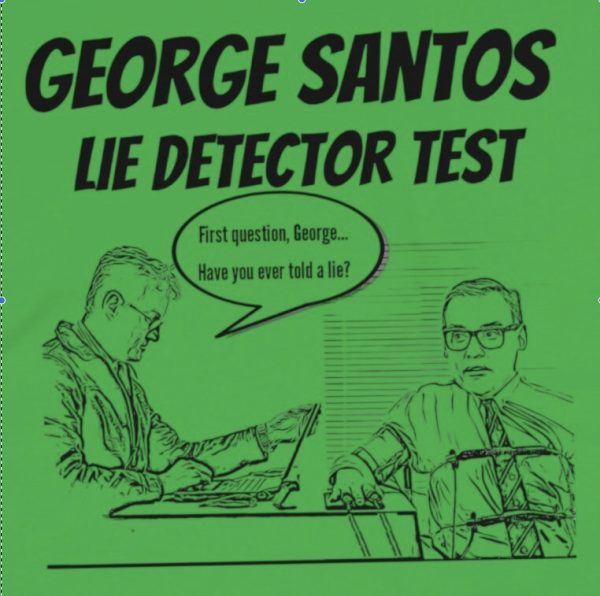The untold story of an AP grader
Abhinav Mahesh( ’19) looking up his AP scores online
Mr. McBride — AP European History, World History, and future AP Seminar teacher — shared his thoughts on the AP grading process, considering the shroud of mystery that surrounds it.
The moment you finish taking an AP exam, your test is gathered up and sent off to be graded. As stressful as the exam is, little thought is given to the other participants in the AP cycle — the graders.
When asked for his thoughts about the AP test taker’s impression of the graders, McBride said, “I think that most students think that [the graders are] random people that don’t care [and] arbitrarily give out grades.”
He went on to say that this impression was entirely inaccurate: “I have been at tables were there have been 15 min[ute] discussions/arguments about whether or not to give a student one specific point on one of their essays. The professionalism and care that readers take in reading the essays is impressive. They work to give students credit for every point they’ve earned.”
This is actually an entirely reasonable approach, since the point of administering a test as difficult as the various AP exams is not to see students fail, it is to see how well they succeed. But aside from deconstructing false beliefs, McBride went on to describe in detail the toll that grading takes on people.
For the AP Euro exam specifically, the sheer amount of effort required to wade through the student essays is impressive. “We usually read one question for about a week,” said McBride. “Depending on the question, [we] might read over a thousand student responses in the week.”
Essays vary in style from student to student, and it is up to the AP graders to adjust to each style and decide how many points to give. Additionally, very few students are granted the gift of good penmanship, and under the pressure of writing a timed essay, the handwriting is bound to get messy. “ … You can see that [the students’] handwriting changes and gets a bit sloppier,” said McBride. “Sometimes [the students] write an apologetic note at the end of their paper.”
This is not to say, however, that the process of grading the exams is more difficult than actually taking the test.
McBride made it clear that the pressure on the students is much worse than the grading: “I think that the stress I endure pales in comparison to the weight of pressure that many students put on themselves.” To him, grading the AP exams can even be turned into a learning experience.
“As I go through the hundreds of essays, I write ideas I have about how to better instruct student writing,” McBride commented, “[as well as] common mistakes and effective approaches that score well. Once I’m done with the week I’ll probably end up having 15-20 little sticky notes worth of ideas and insights.”
On an ending note, McBride mentioned a funny anecdote about a reader next to him who opened up a student response only to find a dollar bill—apparently a student thought that they could bribe the reader into being a bit more generous with the points.
But from what Mr. McBride has said, no one should feel the need to bribe an AP grader. If anything, students should be showering the graders with flower petals and confetti, with all the work they put in to make sure that whatever score the student deserves, the student gets.
Julianne Sun is currently the Print Director at Tyro and a Sophomore at Brookfield Central High School. She is also involved in Battle of the Books, DECA,...










